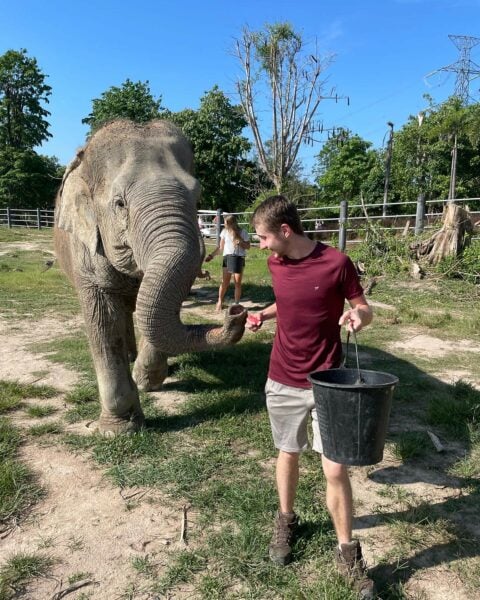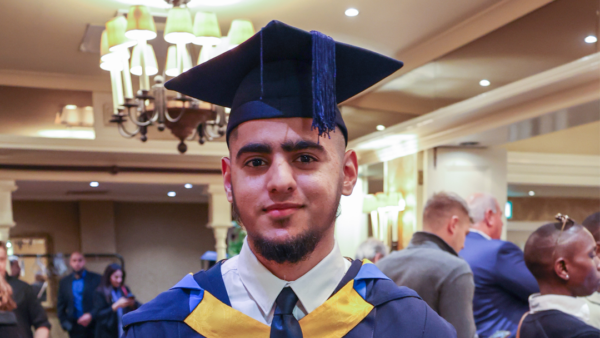As a Peterborough university, we offer a diverse range of subjects including Business Management, Counselling and Sport with flexible study modes and qualifications such as undergraduate degrees, Higher Technical Qualifications (HTQs) and foundation degrees.
Whether you want to study on our campus in Peterborough, Stamford or online, discover the perfect University Centre Peterborough course for you below.
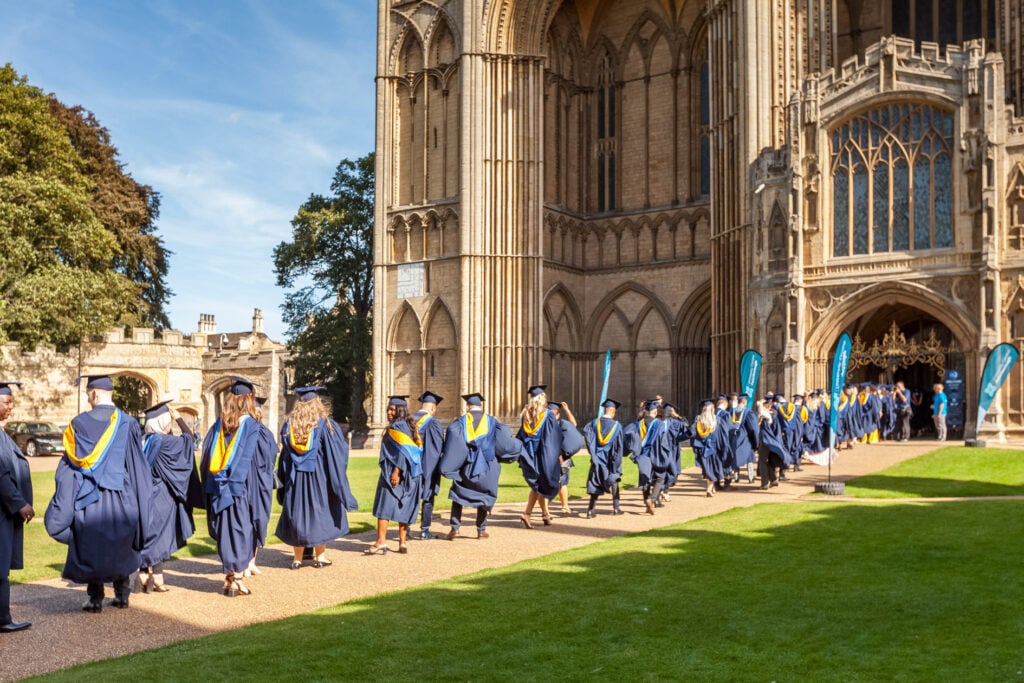
Radio2022 (5)-600x400.jpg)

Forensics2022 (11)-1024x683.jpg)


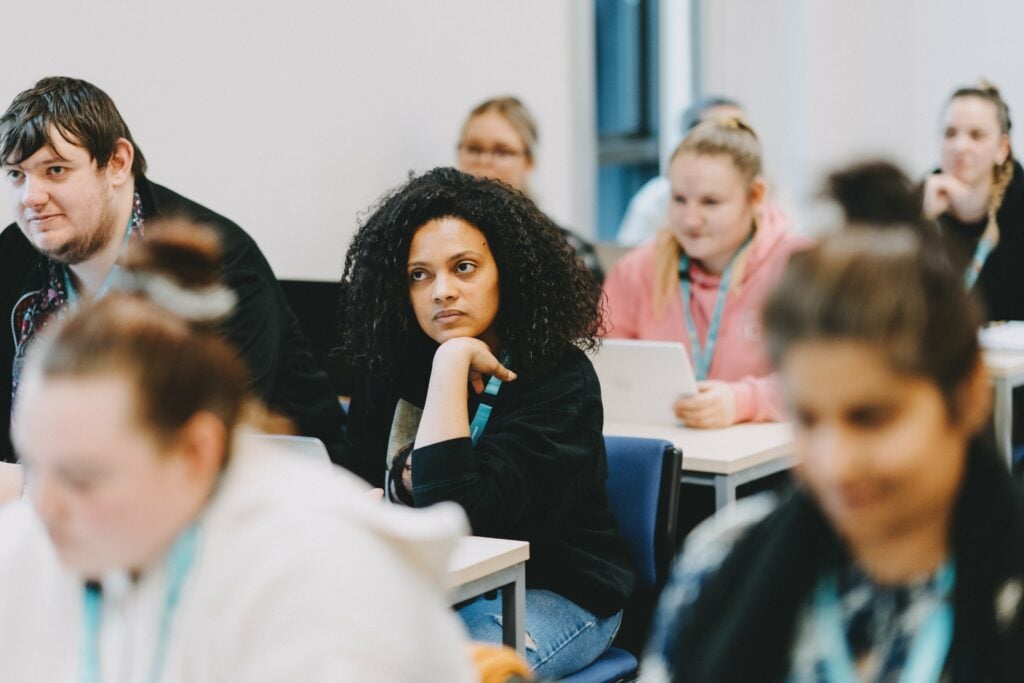
Sport2022 (16)-1024x683.jpg)

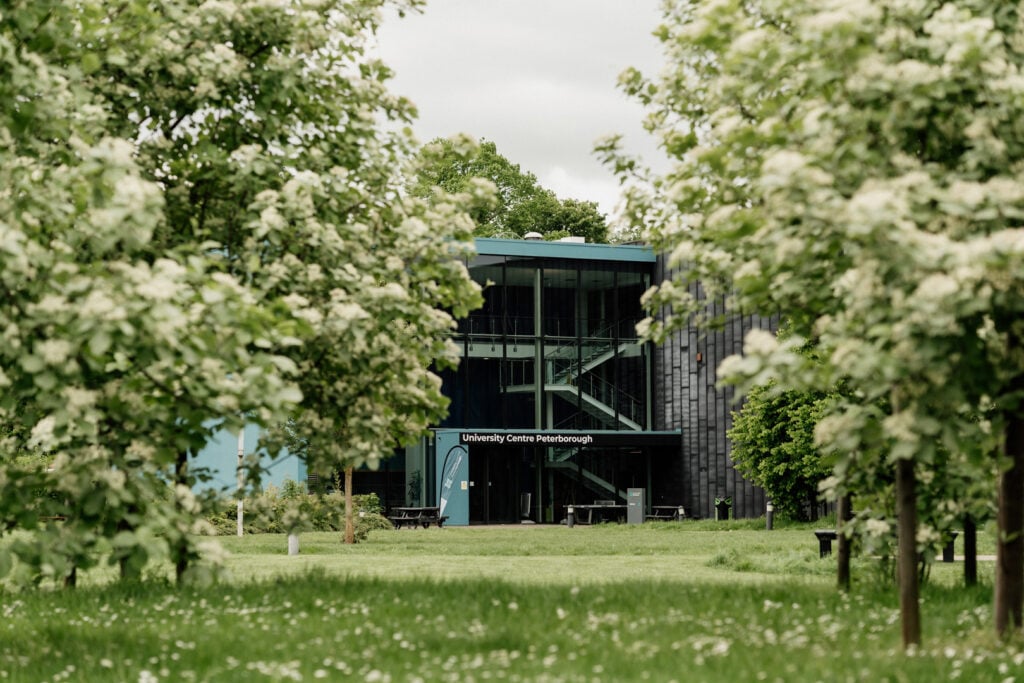


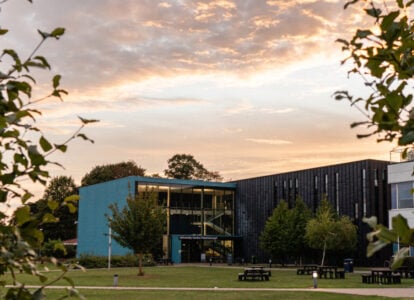
General2022 (157)-600x400.jpg)
 Crime and Investigative Studies Case Study - 2020 (46)-600x400.jpg)
